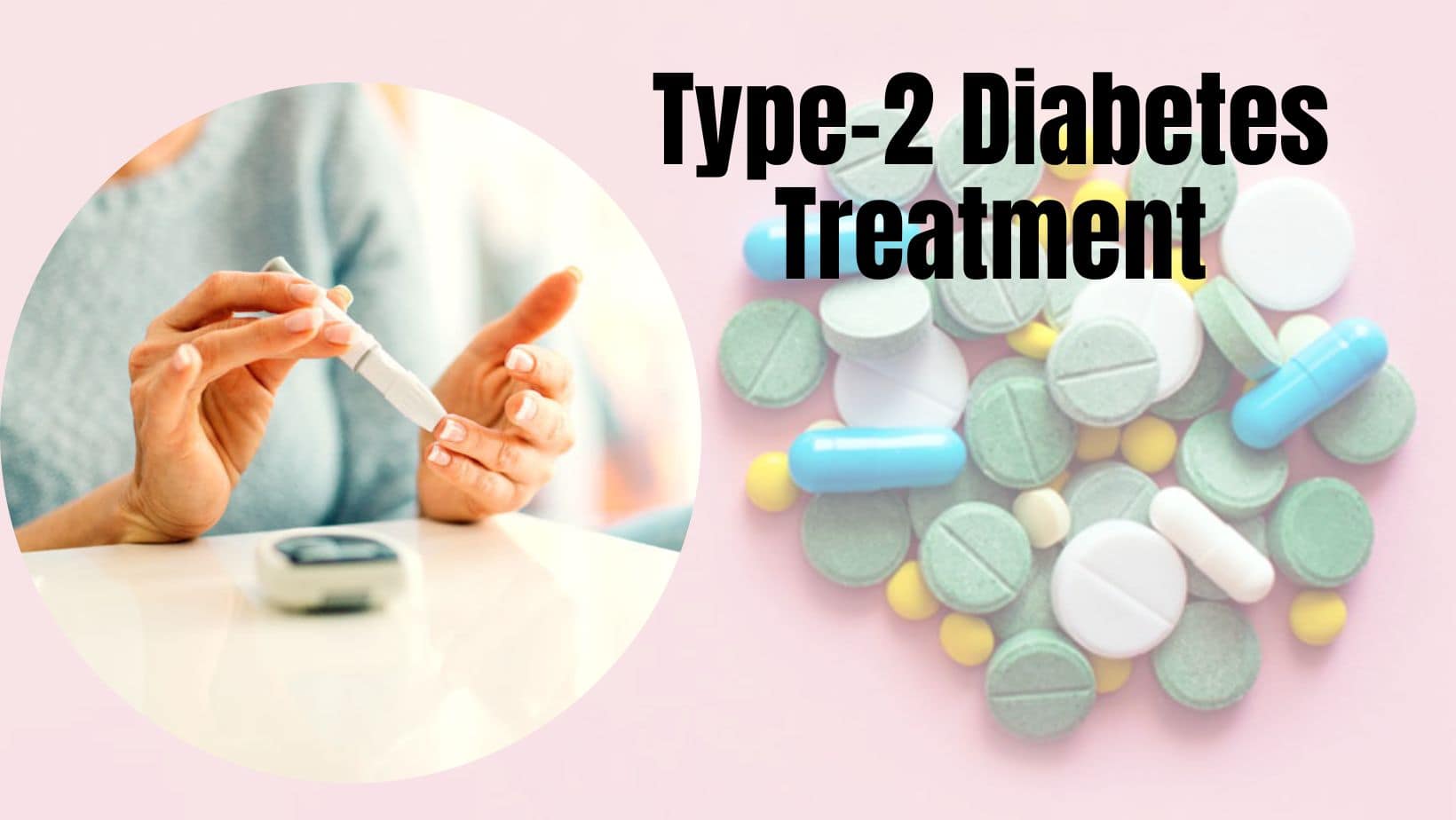Bad breath, known medically as halitosis, is a common yet often embarrassing condition that affects millions of people worldwide. According to the American Dental Association, nearly 25% of adults experience chronic bad breath, which can lead to social anxiety and decreased self-esteem. Fortunately, there are effective strategies to combat this issue naturally and permanently. This article will explore practical solutions to help you freshen your breath and maintain oral health.
Understanding the Causes of Bad Breath

The Role of Oral Hygiene
Poor oral hygiene is one of the primary contributors to bad breath. When food particles remain in the mouth, they can decay and produce unpleasant odors. Bacteria thrive in the mouth, particularly on the tongue, gums, and between teeth. A study published in the Journal of Clinical Periodontology found that inadequate oral hygiene is directly linked to halitosis, as bacteria produce sulfur compounds that are responsible for foul smells.
Dietary Factors
Certain foods can also lead to bad breath. Foods rich in sulfur, such as garlic and onions, release strong odors that can linger long after consumption. Additionally, sugary foods can promote bacterial growth, exacerbating bad breath. Research indicates that a diet high in sugar can increase the risk of developing dental issues, which can further contribute to halitosis.
Health Conditions
Underlying health issues can also be a cause of persistent bad breath. Conditions such as sinus infections, respiratory infections, and gastrointestinal disorders can lead to halitosis. For instance, a study highlighted in WebMD notes that individuals with sinus infections often experience bad breath due to post-nasal drip, which can introduce bacteria into the mouth.
Natural Remedies to Combat Bad Breath
Maintain Excellent Oral Hygiene
The foundation of fresh breath is a robust oral hygiene routine. This includes:
- Brushing Twice Daily: Brush your teeth at least twice a day using fluoride toothpaste to remove food particles and plaque. The American Dental Association recommends brushing for two minutes each time.
- Flossing Daily: Flossing helps eliminate food particles trapped between teeth that brushing alone cannot reach. This practice is crucial for preventing plaque buildup.
- Tongue Cleaning: The tongue can harbor bacteria and food particles. Use a tongue scraper or brush your tongue gently to remove debris and reduce odor-causing bacteria.
Stay Hydrated
Drinking plenty of water throughout the day is essential for maintaining saliva production, which helps wash away food particles and bacteria. A study published in the Journal of Oral Medicine and Pain found that dehydration can significantly increase the risk of bad breath. Aim to drink at least eight glasses of water daily.
Use Natural Mouth Rinses
Homemade mouth rinses can help neutralize odors. One effective option is a saltwater rinse. Mix 1/4 to 1/2 teaspoon of salt in eight ounces of warm water, swish it around your mouth for 30 seconds, and then spit it out. This can help reduce bacteria and soothe inflamed gums.
Chew Sugar-Free Gum
Chewing sugar-free gum can stimulate saliva production, which helps cleanse the mouth and neutralize odors. Look for gum sweetened with xylitol, which has been shown to inhibit the growth of bacteria that cause bad breath.
Incorporate Probiotics into Your Diet
Probiotics can help balance the bacteria in your mouth and gut. Foods rich in probiotics, such as yogurt, kefir, sauerkraut, and kimchi, can promote a healthy oral microbiome and reduce bad breath. Research indicates that probiotics may effectively reduce halitosis by outcompeting harmful bacteria.
Eat Crunchy Fruits and Vegetables
Fruits and vegetables, particularly crunchy ones like apples and carrots, can act as natural toothbrushes. They help remove food particles and stimulate saliva production. Citrus fruits, rich in vitamin C, can also help combat bad breath by promoting a healthy oral environment.
Lifestyle Changes for Long-Term Freshness
Avoid Tobacco Products
Smoking and other tobacco products can significantly contribute to bad breath. Tobacco not only dries out the mouth but also promotes gum disease, both of which can lead to halitosis. Quitting smoking can improve breath and overall oral health.
Limit Alcohol and Caffeine
Both alcohol and caffeine can dry out the mouth, reducing saliva production and leading to bad breath. If you consume these beverages, be sure to drink water alongside them to stay hydrated.
When to Seek Professional Help
If bad breath persists despite implementing these natural remedies, it may be time to consult a dentist or healthcare provider. Chronic halitosis can sometimes indicate underlying health issues, such as periodontal disease or systemic conditions. Regular dental check-ups are essential for maintaining oral health and addressing any potential problems early on.
Conclusion
Permanently fixing bad breath requires a combination of good oral hygiene, dietary choices, and lifestyle adjustments. By understanding the causes of halitosis and implementing these natural remedies, you can achieve lasting freshness and confidence in your breath. Remember, the journey to fresh breath starts with small, consistent changes that can lead to significant improvements over time.
Also Read | Why Do You Have Dry Mouth During Pregnancy? Causes and Solutions









